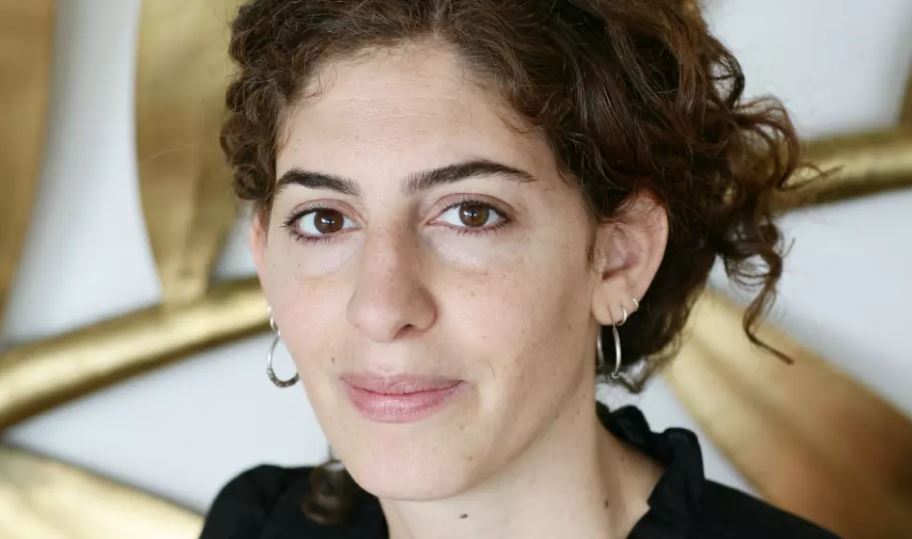When you’re a Palestinian filmmaker who lives in Israel, your work can’t escape the weight of representation, but for Annemarie Jacir everything stems from the personal. In her new feature, the poignant, droll and sometimes confrontational family tale Wajib, a father and son spend the day continuing a local tradition by driving around Nazareth to deliver wedding invitations to friends and family. From that simple beginning, much is realised.
“I really don’t want to explain anything in my works. It’s not a documentary. There’s so much injustice in Palestine, but I’m not making that kind of film,” Jacir says. “I do like to focus on the very specific and the personal. Everything else comes out naturally because these conversations are real, these relationships are very real. It’s just there.”
The minor exchanges, social rituals, and pointed comments between the two men, veteran Palestinian school teacher, Abu Shadi, and his expatriate urban planner son, Shadi (played respectively by real-life father and son Mohammad and Saleh Bakri), reveal familial fractures, historic judgments, and the weight of being among the approximately 20 per cent of Israel’s population that is Arab. Everything, you discover, is connected.
“They’re just two characters and one Palestinian story out of millions,” Jacir says. “What’s interesting is that I usually hear from Palestinian audiences, especially in the diaspora when I travel internationally, things like, ‘why didn’t you show the apartheid wall?’
“They want to be able to show the film to their friends and say, ‘look, this is what is happening in Palestine’. They want everything to be in the film and they feel like that’s my job. I do feel that some people from my community would like me to represent everything, but the more specific and honest a film, the more naturally everything else it contains comes out.”
Read the article by Craig Mathieson in The Sydney Morning Herald.

